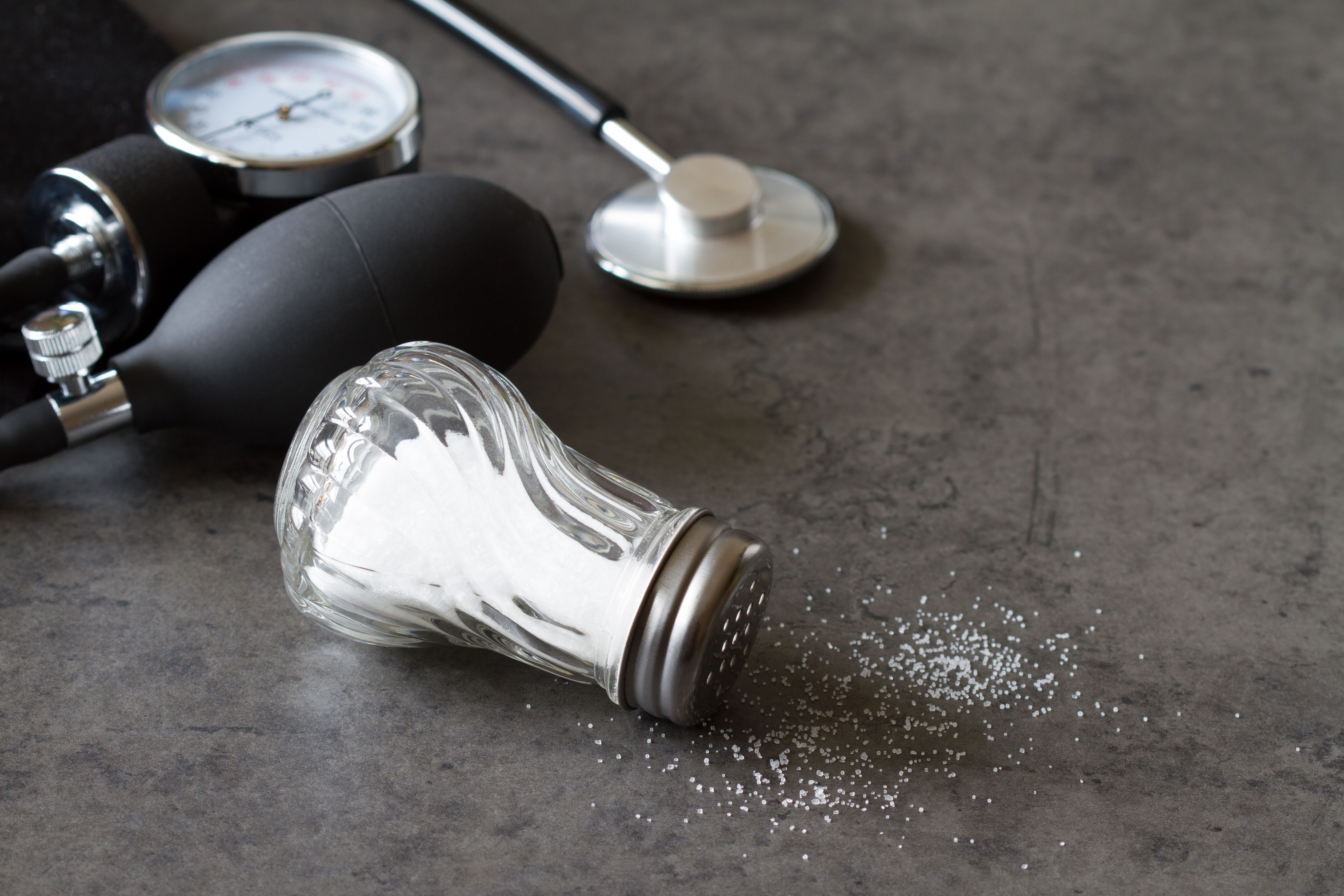Understanding the Impact of Excessive Salt Intake: Symptoms and Solutions
Recognizing the Symptoms of Excessive Salt Intake
Excessive salt intake is a common dietary issue that can lead to serious health problems. Consuming too much salt can cause a range of symptoms, from subtle to severe. One of the most noticeable signs is increased thirst, as your body attempts to balance the sodium levels through increased fluid intake.
Another common symptom is swelling in various parts of the body, particularly in the fingers and ankles. This is due to the body's effort to retain water to dilute the excess sodium. High blood pressure is also a significant risk associated with excessive salt consumption, which can further lead to heart disease and stroke.

Long-term Health Implications
Over time, consistently high salt intake can have detrimental effects on your health. It can cause sustained high blood pressure, which is a major risk factor for cardiovascular diseases. Additionally, excessive salt can lead to kidney damage, as the kidneys work harder to eliminate the surplus sodium, eventually impairing their function.
Osteoporosis is another potential long-term consequence. High salt levels can cause calcium loss from bones, weakening them over time. Furthermore, excessive sodium intake has been linked to stomach cancer, highlighting the importance of managing salt consumption.

Solutions for Reducing Salt Intake
Fortunately, there are several strategies to reduce salt consumption and mitigate its negative health impacts. One effective approach is to read food labels carefully and choose products with lower sodium content. Opting for fresh or frozen vegetables instead of canned ones can also help, as canned goods often contain added salt.
Cooking at home more often allows for better control over the amount of salt used in meals. Use herbs and spices instead of salt to flavor dishes, enhancing taste without adding sodium. Additionally, avoiding processed foods and fast food can significantly reduce overall salt intake.

Monitoring and Adjusting Dietary Habits
Monitoring dietary habits is crucial for maintaining a healthy level of salt consumption. Keeping track of the foods you eat and their sodium content can help identify areas where reductions are possible. Gradually reducing salt in your diet allows your taste buds to adjust without feeling deprived.
Engaging in regular physical activity and maintaining a balanced diet rich in fruits and vegetables also supports overall health and helps counteract some effects of high salt intake. Consulting with a healthcare professional or dietitian can provide personalized advice tailored to individual needs.
